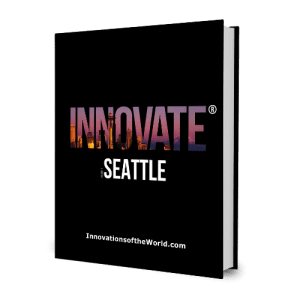One of the most pressing challenges is the need for an educated workforce, particularly amid a changing understanding of what that means. Over the last 20 years, creating that workforce centered on STEM fields and getting a bachelor’s degree. It is time to move beyond the “hard hats vs. high tech” debate. Broadband adoption, a move to clean energy sources, and advanced manufacturing, will require a skilled trades workforce in unprecedented numbers. And despite an increase in online meetings and predictions of flying cars, the innovation economy will require that our network of aging roads and bridges be repaired. According to the Bureau of Labor Statistics, 17 million infrastructure workers will need to be replaced over the next decade. Only 16.6 million people held jobs like electricians, plumbers, and maintenance workers in 2021.
Another challenge facing the innovation economy is the need for research capacity, and then access to capital. Research and development are essential to innovation, and colleges and other non-profit organizations must have the capacity to conduct cutting-edge research that leads to new discoveries. Private companies, typically focused on applied research and product development, increasingly rely on fundamental research done elsewhere, funded by the public sector. Investments by NIH, USDA, NSF, and other federal agencies provide critical support for researchers pushing the boundaries of what is possible.
None of this happens without productive relationships between legislators and innovation economy businesses. Today, it too often seems that this relationship is marked by mistrust on both sides. Policy makers and companies at the heart of economic progress need each other and working together will create far more prosperity than working against each other.
Businesses and governments must remain vigilant and adaptive to new developments and opportunities. By continually investing in education, research, access to capital, and productive relationships between legislators and businesses, we can ensure that the innovation economy continues to drive economic growth and prosperity for all.
Laura Ruderman served three terms in the Washington State House of Representatives. Among other assignments, she was Vice Chair of the Technology, Telecommunications, and Energy Committee. Prior to her legislative service, Laura spent just over 4-years at Microsoft. She has led the Technology Alliance since 2019.














